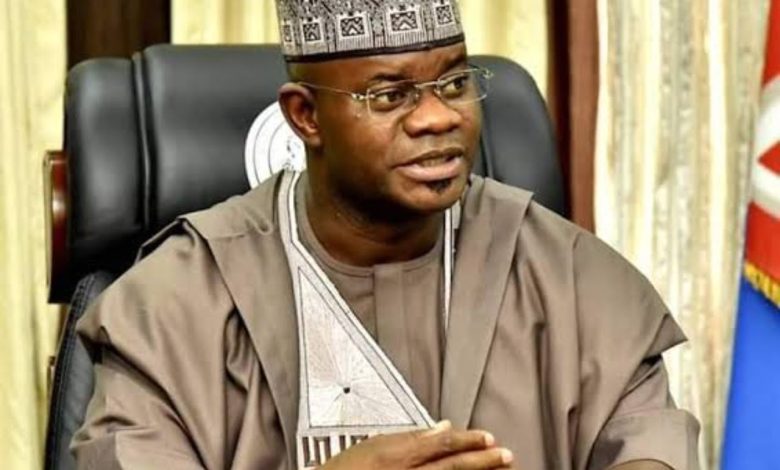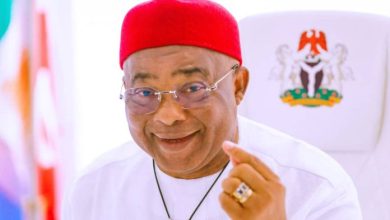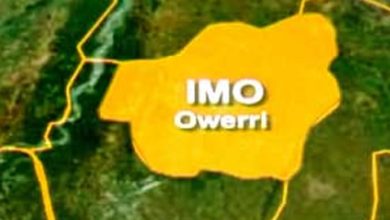EFCC’s Property Forfeiture Order Against Yahaya Bello Reinstated by Court

Yesterday, the Lagos Division of the Court of Appeal upheld the temporary forfeiture order that the Economic and Financial Crimes Commission (EFCC) had secured for 14 properties purportedly owned by former Kogi State Governor Yahaya Bello.
The appellate court upheld a previous Federal High Court decision that dismissed the EFCC’s case on the grounds of constitutional immunity provided to a sitting governor in a unanimous decision that was delivered virtually.
In the main ruling, Justice Yargata Nimpar found that the trial court erred in using Section 308 of the 1999 Constitution to stop the proceedings. Justices Danlami Senchi and Paul Bassi concurred.
The judge ruled that immunity does not prevent the investigation or preservation of property that may constitute the profits of a crime.
She claimed that the trial court erred by dismissing the case before deciding whether or not the properties should ultimately be forfeited.
Justice Nicholas Oweibo of the Federal High Court in Lagos had issued a ruling that granted the EFCC the temporary forfeiture order. According to the judge, the 14 properties in Lagos, Abuja, and Dubai, United Arab Emirates (UAE), could be temporarily seized by the anti-graft agency.
In an ex parte motion, the agency sought the confiscation of the assets, claiming they were acquired through illegal means.
Read Also: Klinton Sparks Debate, Says Nigerians Dislike Kemi Badenoch’s Honesty
In addition, the court mandated that the EFCC invite any interested parties to provide justification for why the properties shouldn’t be permanently forfeited to the federal government by publishing the forfeiture notice in two national newspapers.
The former governor, backed by his legal team, contested the ruling, claiming that the properties could not have been bought using public funds because they were acquired prior to his appointment.
The Proceeds of Crime (Recovery and Management) Act, 2022, he further contended, could not be applied retroactively, and he invoked Section 308 of the Constitution, which grants immunity from civil and criminal actions.
In addition, his attorneys questioned the jurisdiction of the Federal High Court in Lagos and referenced an existing injunction from a Kogi State High Court prohibiting the EFCC from looking into the state’s financial statements.
Although Bello lives in Lokoja, the attorneys claimed that the homes were outside of Lagos.
The EFCC’s SAN, Rotimi Oyedepo, led by Hanatu Kofanaisa and Bilkisu Buhari-Bala, requested the appellate court to maintain the agency’s statutory mandate.
No Nigerian court, the attorney contended, had prohibited the panel from looking into possible economic crimes.
According to him, there was a reasonable suspicion that the opulent properties, which included an apartment in Dubai’s famous Burj Khalifa, were obtained using illegal monies.
The EFCC also requested that an extra N400 million connected to the same probe be forfeited in the meantime.
The case was dismissed on the grounds of Bello’s immunity when Justice Oweibo declared that the court lacked jurisdiction. But the ruling was challenged by the EFCC.
In its ruling, the Court of Appeal rejected Bello’s initial argument and determined that property preservation actions were exempt from the immunity clause.
The EFCC was directed to hold the last forfeiture hearing.





